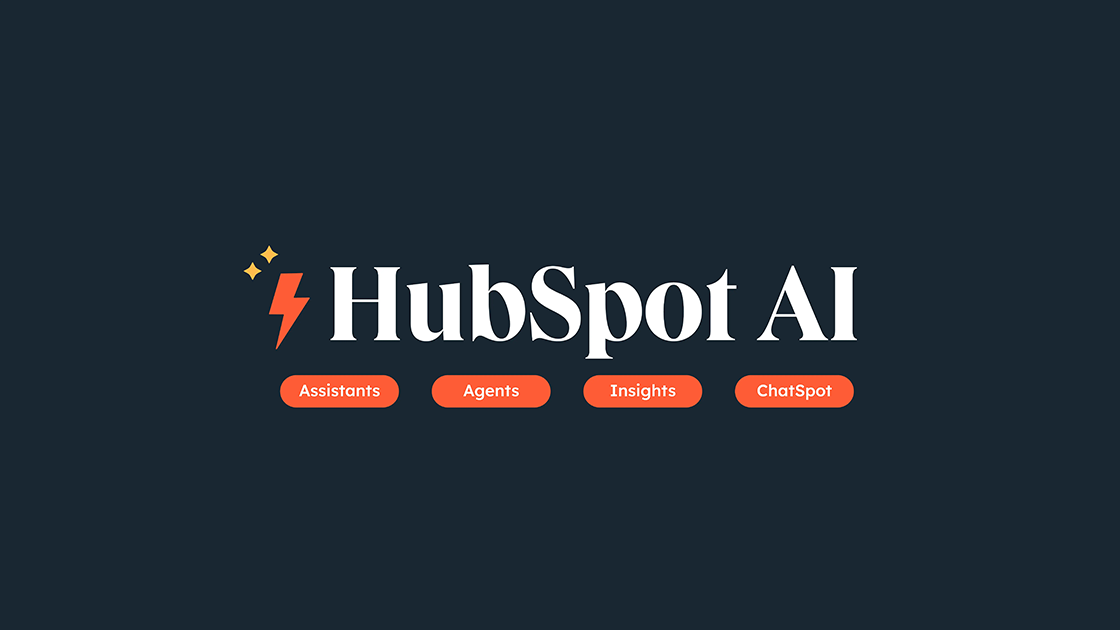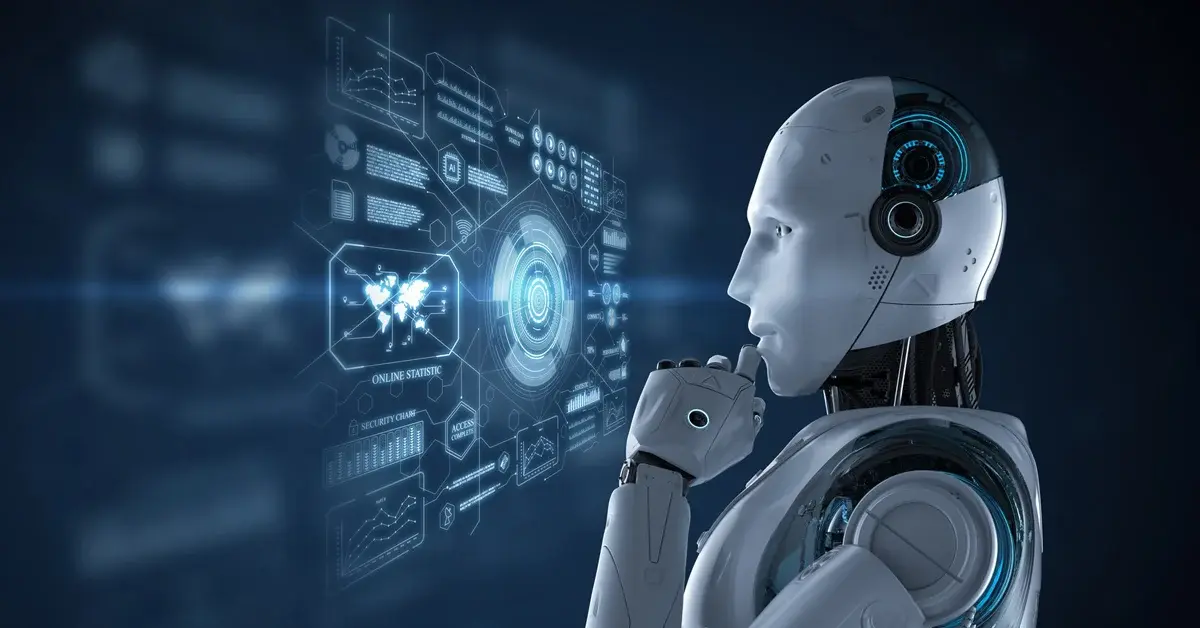-
MarTech Services
- HubSpot
- OneSignal
HubSpot
Technical Consulting
Partner with experts who understand your HubSpot systems and business needs inside out.
Revenue Operations
Drive revenue growth with tailored RevOps strategies designed for HubSpot users.
Hubspot Integration Services
Seamlessly integrate HubSpot with your existing tools to enhance operational efficiency.
Sales Enablement
Boost your sales team’s efficiency with focused HubSpot Sales Enablement solutions.
CRM Data Migration
Effortlessly migrate your CRM data to HubSpot with precision and support.
Hubspot Onboarding
Efficiently onboard clients to HubSpot, ensuring a smooth transition and rapid platform adoption.
HubSpot Administration
Maximize your HubSpot investment with expert management and optimisation tailored for HubSpot clients.
Marketing Assets Development
Develop, deploy, and manage digital assets, ensuring a fresh and engaging presence.
-
Solutions
-
Website Services
Website Development
We bring together expertise, creativity, and measurable results, making us the go-to choice for HubSpot website creation.
Website Migration
Our approach to website migration goes beyond a technical transfer; we prioritize a user-centric experience.
Website Maintenance
Optimize your online presence with effective, growth-driven websites focusing on nurturing website visitors, creating and deploying content, and tracking progress with precision.
Website Audit
Is your website performing at its peak? Our CMS Consultants are here to help you find out with our comprehensive Website Audit service.
-
Resources
-
Company
Clients
We have worked with clients from various industries across the globe, making our journey diverse and exciting.
Team
We put decades of experience where our mouth is. So what you get is market-tested and tried, not theory. We believe in plain speak, which we believe works better than jargon.
Solutions Partner
BlueOshan is not just a partner; we are among the most experienced and adept in the HubSpot ecosystem.
- Contact Us
Skills You Need in the AI Era

Belwin Raj
November 16, 2023

It's true that AI can now do many things that humans used to do, like writing code, making content outlines, and filling out tax forms. This has led to a big question: How can humans keep their jobs in the future when it seems like AI can do almost anything?
The good news is that there are some skills that AI can't copy. These are not technical skills, but they are very important for working in a world where AI is common. Developing these skills not only helps you stay valuable in your job but also makes you better at what you do. Let's look at these skills and why they matter.
Skills Needed to Work With AI
Working alongside artificial intelligence (AI) demands a unique set of skills. Mastering these skills is crucial for maximizing the potential of AI tools and for ensuring harmonious collaboration between humans and machines in the modern workplace.
- Be Curious
Being curious means wanting to learn new things. If you work with AI tools, being curious helps you understand the information these tools provide. For example, if you're a social media manager and use AI to come up with a strategy, be curious. Don't just follow the AI's plan blindly. Instead, dig deeper to figure out how to make the plan fit your company's needs and goals.
- Adapt to Change
Things change all the time, especially in the world of work. While AI tools stay the same once they are set up, humans need to be ready to adapt to new situations and take on different tasks. Be adaptable. Show that you can handle changes and are ready to try new things.
- Look at Things Fairly
Some people think AI is always fair and neutral, but that's not true. Humans have biases, and these biases can show up in AI tools. So, it's important for people to be fair and objective when using AI. Make sure the information from AI is right for your needs and not just follow it blindly.
- Understand the Whole Picture
Understanding the whole picture means seeing how different parts of a system are connected. In a business, it's like knowing how every department works together. If you use AI tools, you need to understand how your work fits into the big picture of the company and how it relates to other teams.
- Ask AI the Right Questions
To get the best results from AI tools, you need to know how to ask them the right questions. Writing good prompts is like giving clear instructions to AI. Be specific and creative to get the information you need.
How to Improve Critical Thinking
Improving critical thinking involves some practical steps.
- Take Online Courses
Online courses, like the one offered by HubSpot Academy on Critical Thinking, can teach you about thinking styles, cognitive biases, and how to make better decisions.
- Listen Actively
Listening carefully to others helps you understand different perspectives. It's essential for good communication and critical thinking.
- Ask Questions
Always question information, especially if it's given to you at work or found online. Asking questions helps you understand better and avoid making mistakes.
- Check Your Biases
Everyone has biases. It's important to recognize them and question your own assumptions to make fair decisions.
- Seek Different Opinions
Getting opinions from people with diverse backgrounds and experiences helps you see things from different angles. This prevents narrow thinking and expands your knowledge.
Skills AI Can't Replace
While AI is great at some things, there are skills that only humans have. These skills are crucial in fields like business, law, and medicine.
- Think Critically
Critical thinking means making good decisions. AI is excellent at analyzing data, but it can't make well-informed judgments like humans can. For example, in a legal case, AI can find documents, but humans are needed to make decisions based on the facts.
- Show Empathy
Empathy means understanding and caring about how others feel. AI can't truly understand human emotions, so it can't communicate in sensitive situations. For instance, a doctor may use AI to identify a disease, but they need to talk to patients in person about serious diagnoses.
- Use Emotional Intelligence
Emotional intelligence is about managing your emotions and understanding others' feelings. Working in a team requires this skill because people have different emotions. Since AI doesn't have emotions, humans are better at handling team dynamics.
- Manage People
Managing people involves hiring, training, and developing employees. AI can help in some steps, but leading and motivating a team is a human skill. It takes creativity, innovation, and emotional intelligence, which humans gain through experience.
- Be Creative
Creativity is about coming up with new and imaginative ideas. While AI can assist with some tasks, it can't replicate human creativity. For example, creating content or making innovative products requires a human touch.
- Think Strategically
Humans create a plan for the future, or strategy, before using AI to automate tasks. AI can follow a plan, but humans have to create the overall strategy using critical thinking and unique skills.
Even though AI is becoming more advanced, it won't replace humans at every job. By having the right skills, like critical thinking, emotional intelligence, curiosity, and creativity, you can work alongside AI and do your job even better. Use your unique human skills in combination with AI tools such as Chatspot for the best results in the changing workplace.
Blueoshan is a HubSpot Diamond -Tier Solutions Partner. Delivering worldwide from India
Related Articles

October 25, 2023

June 25, 2023

